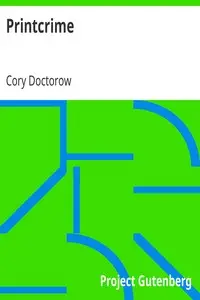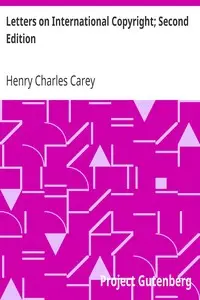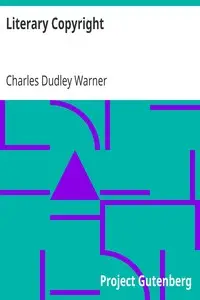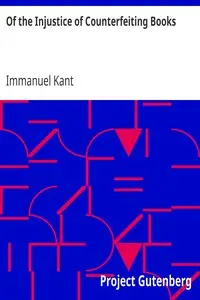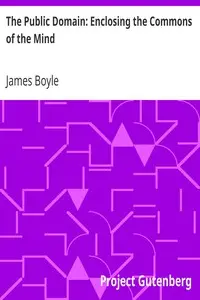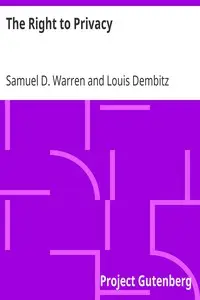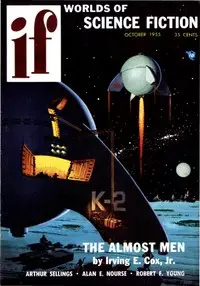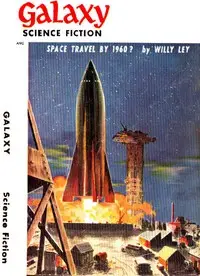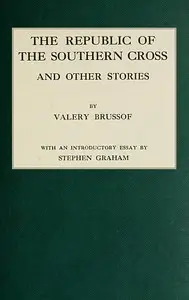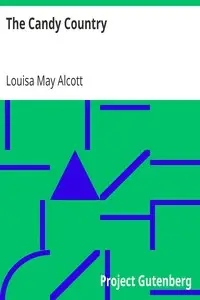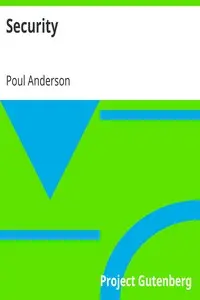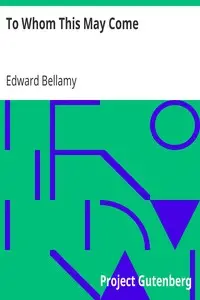"The Right to Read = Le droit de lire" by Richard Stallman is a speculative story from the end of the 1900s that looks at the future of copyright, access to information, and personal freedoms. Set in a time where using copyrighted material is intensely monitored, the book centers on Dan Halbert, a college student who has to make a difficult choice when his friend, Lissa Lenz, needs to borrow his computer. Dan is worried about possible punishments from the Software Protection Authority if Lissa uses his computer to access books she is not authorized to read. As Dan and Lissa's relationship develops, they learn more about the past of copyright legislation and the effects of following unfair rules, which leads them to join a group fighting for everyone's right to read. The story is a warning about the risks of limiting information in the digital world.
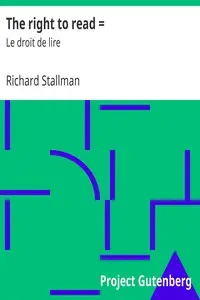
The right to read = $b Le droit de lire
By Richard Stallman
In a future controlled by strict copyright laws, a college student must choose between helping a friend and risking everything to protect the right to read.
Genres
Released
1999-11-01
Formats
epub3 (images)
epub
mobi (images)
mobi
epub (images)
txt
Free Download
Summary
About the AuthorRichard Matthew Stallman, also known by his initials, rms, is an American free software movement activist and programmer. He campaigns for software to be distributed in such a manner that its users have the freedom to use, study, distribute, and modify that software. Software which ensures these freedoms is termed free software. Stallman launched the GNU Project, founded the Free Software Foundation (FSF) in October 1985, developed the GNU Compiler Collection and GNU Emacs, and wrote all versions of the GNU General Public License.
Richard Matthew Stallman, also known by his initials, rms, is an American free software movement activist and programmer. He campaigns for software to be distributed in such a manner that its users have the freedom to use, study, distribute, and modify that software. Software which ensures these freedoms is termed free software. Stallman launched the GNU Project, founded the Free Software Foundation (FSF) in October 1985, developed the GNU Compiler Collection and GNU Emacs, and wrote all versions of the GNU General Public License.
Total Reviews
10.0k
Total reviews from Goodreads may change

